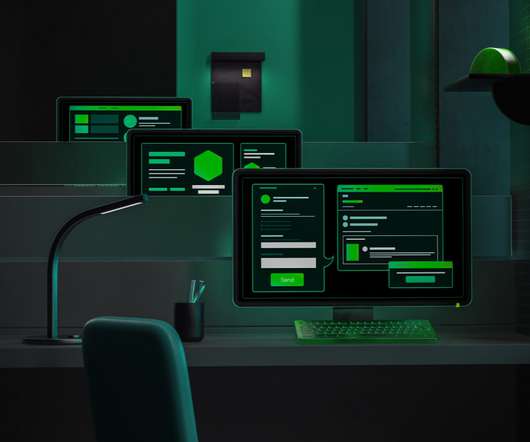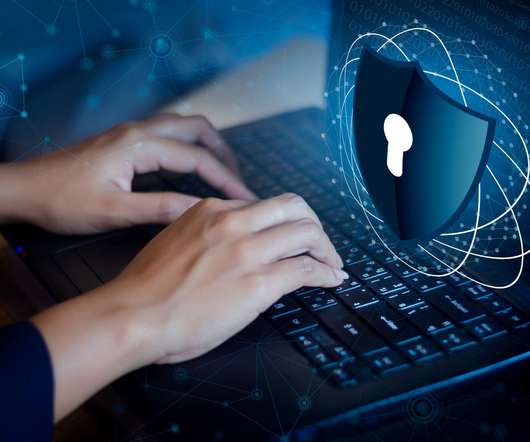Access Control: The 5 Single Sign-On Benefits
IT Security Guru
JUNE 30, 2021
In other words, users sign in to one account, one single time, and automatically gain access to multiple applications. Supports Business to Business (B2B), Business to Consumer (B2C) and Business to Employee (B2E) activities (e.g., provisioning and de-provisioning a single account). fewer requests to reset passwords).












Let's personalize your content